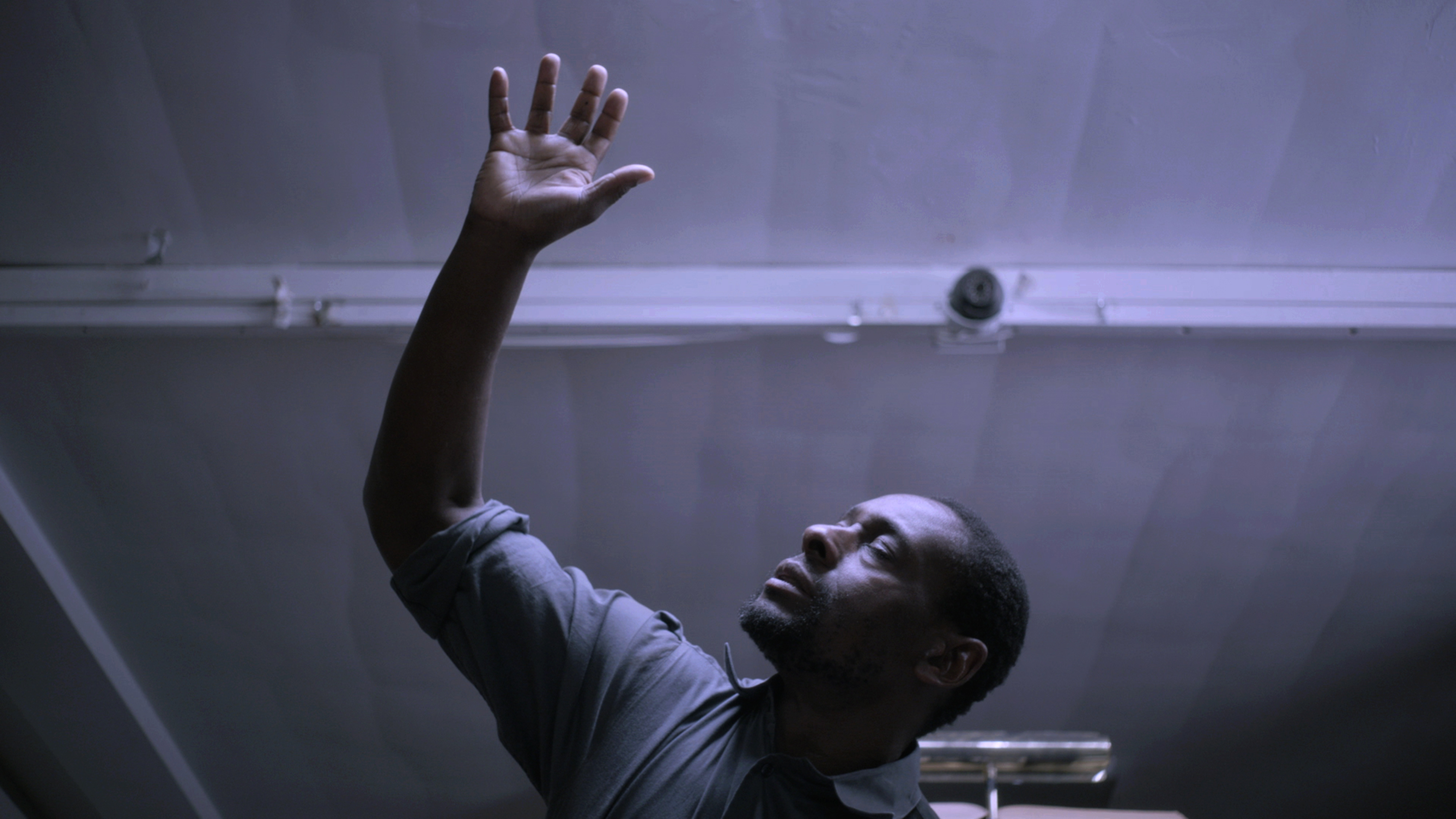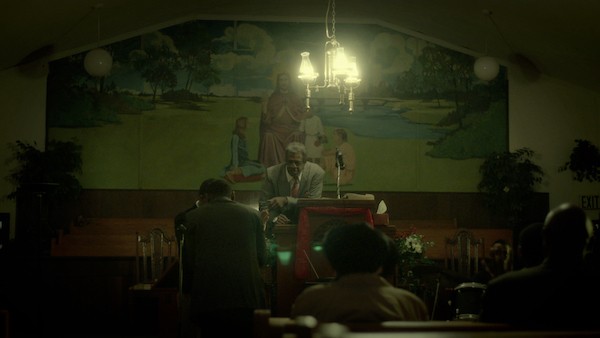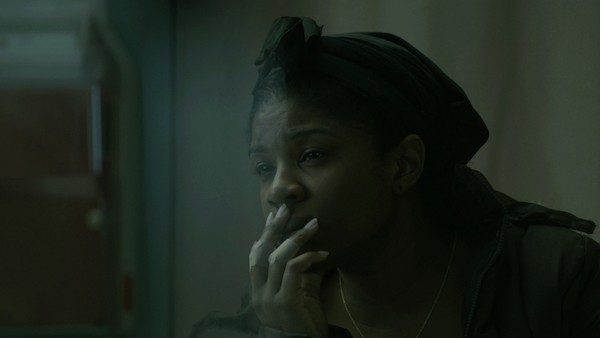In August, 2003, an 8-year-old boy named Terrance Cottrell Jr. died in a tiny Minneapolis church. A faith healer at the church, Ray Hemphill, was charged with homicide in the boy’s death, which was attributed to suffocation. Hemphill told police he was trying to drive out the demons that had been possessing the boy, causing him to scream and lash out violently. But the boy wasn’t possessed — he was autistic. Hemphill’s attempts to save the child from torment instead brought about his death.
The dark irony of the story inspired director Jake Mahaffy to create Free in Deed. The movie, filmed in Memphis in 2015, premiered at the Venice Film Festival, where it received the Orizzonti award for “films that represent the latest aesthetic and expressive trends in international cinema.” The film’s successful festival run capped off with a sold-out screening at this year’s Indie Memphis, and it was nominated for four Independent Spirit Awards, including the John Cassavetes Award — kind of like the Best Picture Oscar for films that cost less than $500,000. Friday, December 9th, it will make its world theatrical premiere at Studio on the Square.
One of those Independent Spirit nominations is for cinematographer Ava Berkofsky. Her work in capturing the ragged beauty of Memphis’ crumbling cityscapes is crucial in setting the film’s meditative mood. She uses the harsh fluorescent lighting of the low-rent storefront where the church is located like cinematographers of earlier generations used rain-streaked street lamps, creating a mood of oppression and impending doom. The compositions she and director Mahaffy create are often spare to the point of being spartan, representing the limited choices the characters face.
Actress Edwina Findley is another of the film’s Independent Spirit nominees for her role as Melva, a young single mother of two. Findley draws an empathetic portrait of a woman at the end of her rope, both materially and emotionally. Her son, Benny (RaJay Chandler, in one of the greatest child performances you’ll ever see), vacillates from merely difficult and withdrawn to full, uncontrollable violence. It’s all Melva can do to keep food on the table and Benny from harming himself, or worse, his little sister. The doctor (Memphis actor and writer Jon W. Sparks) indifferently prescribes ineffective drugs, so it’s no surprise that the formerly unobservant Melva would turn to religion. After all, they may be selling snake oil, but the Bishop (Preston Shannon) and his congregation are the only people who have offered her any empathy.
The fourth Independent Spirit Award nominee is David Harewood for his portrayal of Abe, the high school janitor who moonlights as a faith healer and dreams of leading a congregation of his own. Harewood’s performance is deep and unflinching. Abe is clearly disturbed and in pain. He is obsessed with his own perceived shortcomings and transgressions. Even his own preacher tells him he repents too much. But the charismatic church ceremonies bring out something primal in Abe, and his spiritual power translates into increased attendance for the preachers.
The parishioners believe Abe can heal their aches and pains with a touch, and he believes his own hype until he comes face to face with Benny. Like with Melva, it’s perfectly understandable that Abe looks at Benny and sees not a kid with a severely maladapted nervous system but a child possessed by demons. The power of God is the only power that could toss out the demons. If the power of God seems to be failing, then it’s the fault of the impure exorcist, who must try harder to summon the spiritual energy to save the boy. So he prays harder, and hugs tighter, until …
The remarkable thing about Free in Deed is that it’s not preachy. Like the hero of a Greek tragedy, Abe’s fatal failure is built into his character. It is at once his source of strength and his downfall. In Berkofsky’s gut-wrenching final shot, Abe’s uncomprehending anguish inhabits every inch of Harewood’s body as he crawls down the aisle, asking yet again for forgiveness that will never come.


